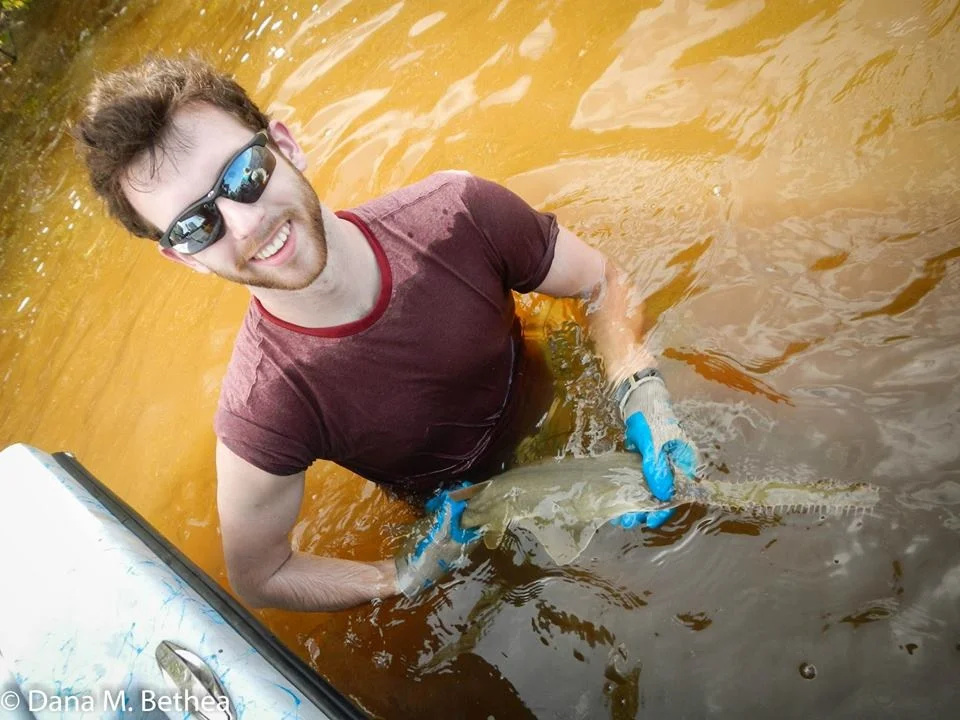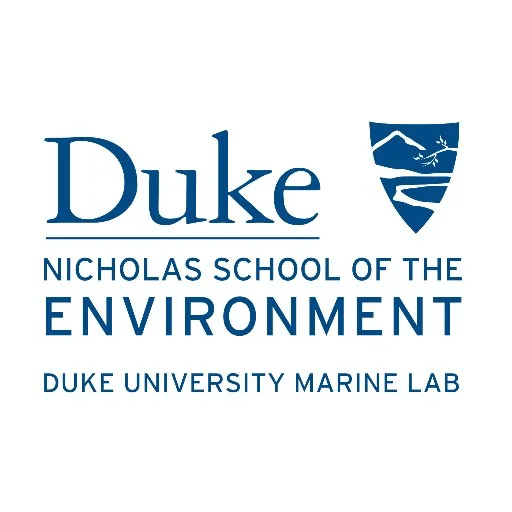WUSTL Department of EECE,
Tae Seok Moon Laboratory
Graduate Student (Dec. 2014 – SEPT. 2019)
To help displace the widespread utilization of petrochemicals, my research combines genetic engineering, microbiology, and waste plant material to produce renewable fuels and chemicals for a more sustainable future. The core of my studies focusses on developing and applying genetic tools that facilitate the use of non-model organisms (i.e. those not commonly used in the lab) that have naturally evolved to excel at the conversion of plant material, particularly lignin, into valuable bio-commodities. These tools range from basic genetic elements for gene expression, to metabolite sensors for dynamic regulation of genetic circuits, to platforms for targeted genome engineering and metabolic flux modulation (CRISPR and CRISPRi). These tools have been deployed to characterize and manipulate native genes and pathways related to lignin catabolism that can aid future engineering efforts.
Develop genetic tools and parts for non-model/understudied microbial species.
Experience with Escherichia coli, Synechocystis sp. PCC. 6803, Rhodococcus opacus PD630, and Corynebacterium glutamicum.
Goal is to produce sustainable bio-products from waste plant material (e.g. lignocellulose).
Awarded National Science Foundation Graduate Research Fellowship (NSF GRFP) for this work.
Lab Quartermaster (May 2016 – SEPT. 2019)
In charge of lab purchasing and inventorying.
NOAA Hollings Internship
National Marine Fisheries Service - Panama City Beach, FL
May 2013 – Aug. 2013
Assessed the diet and trophic role of mesopredator sharks in coastal ecosystems (e.g. the Atlantic sharpnose shark).
Classified prey items to the lowest taxonomic level from 390 stomach samples.
First reported instance of Atlantic sharpnose sharks consuming juvenile loggerhead sea turtles.
Concluded that Atlantic sharpnose sharks occupy a different trophic or ecological level than previously determined, which has management implications.
Additionally assisted in conservation research related to loggerhead sea turtles and the endangered smalltooth sawfish.
USC Department of Biology, Thomas J. Hilbish Laboratory
Oct. 2010 – May 2012
Investigated how the winter of 2009-‘10, one of the coldest in recent European history, affected the spatial distributions of two economically significant mussel species, Mytilus galloprovincialis and M. edulis, in Southwest England.
Utilized a polymerase chain reaction (PCR) assay to genotype mussel samples.
Compared population frequency data with temperature data to draw conclusions about the potential effects of climate change on sensitive ecosystems.
Awarded two grants for this research, one for the reseach effort and one for funding to present at the 2012 Benthic Ecology Conference.
Duke University Marine Lab
May 2011 – June 2011
- Investigated the concept of the Q10 thermal coefficient equation, which states that metabolic rate and chemical reactions can double or triple for every increase of 10 oC.
- Collected barnacles (Balanus amphitrite) off the local boat dock and housed them in aquariums of varying temperatures (20-35 oC).
- Concluded that barnacle feeding rate, and consequently metabolic rate, increased with water temperature.





